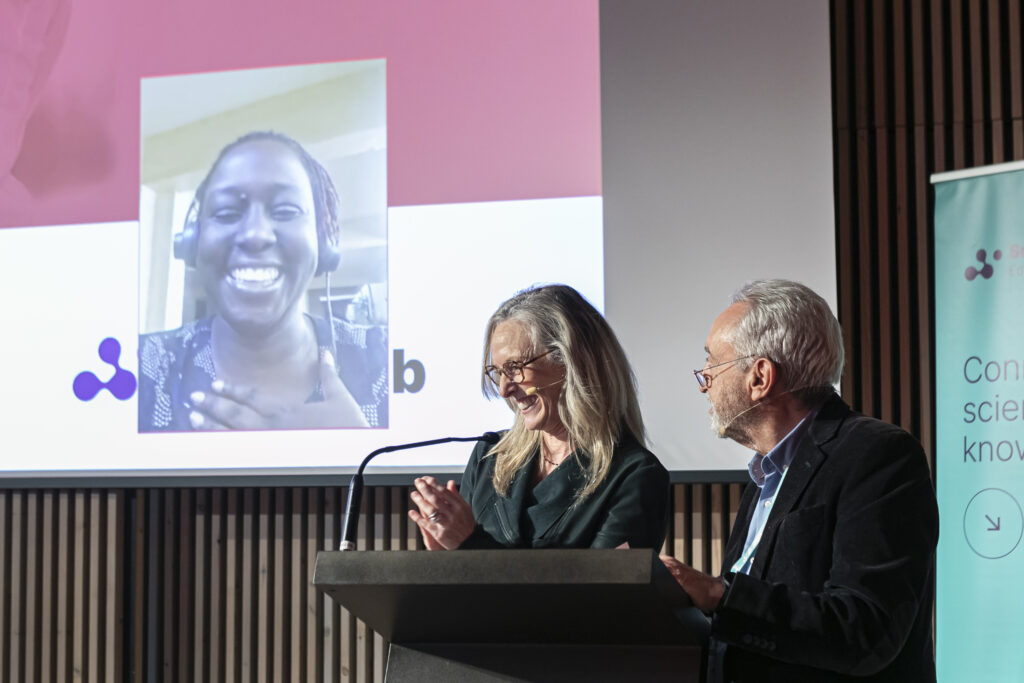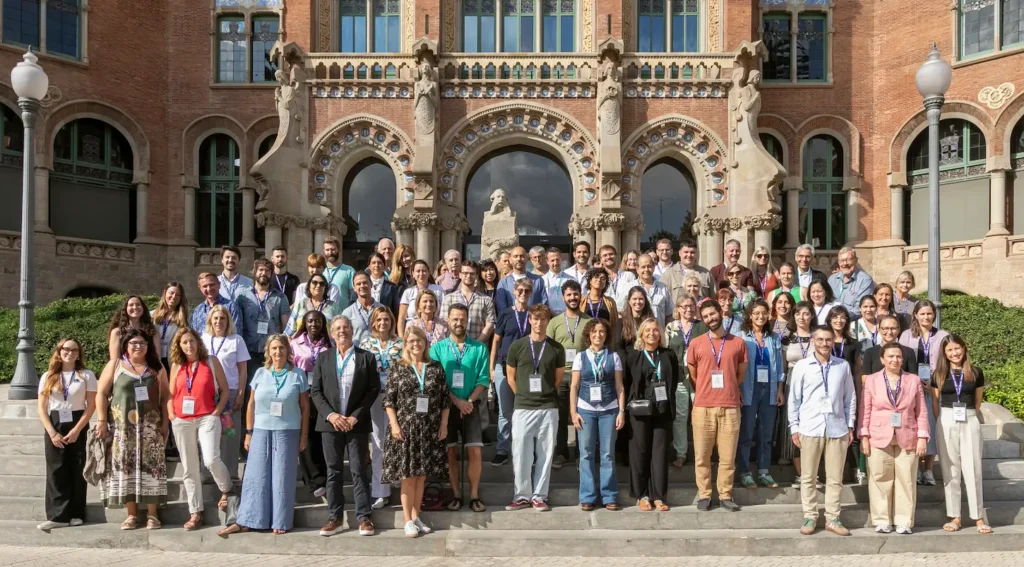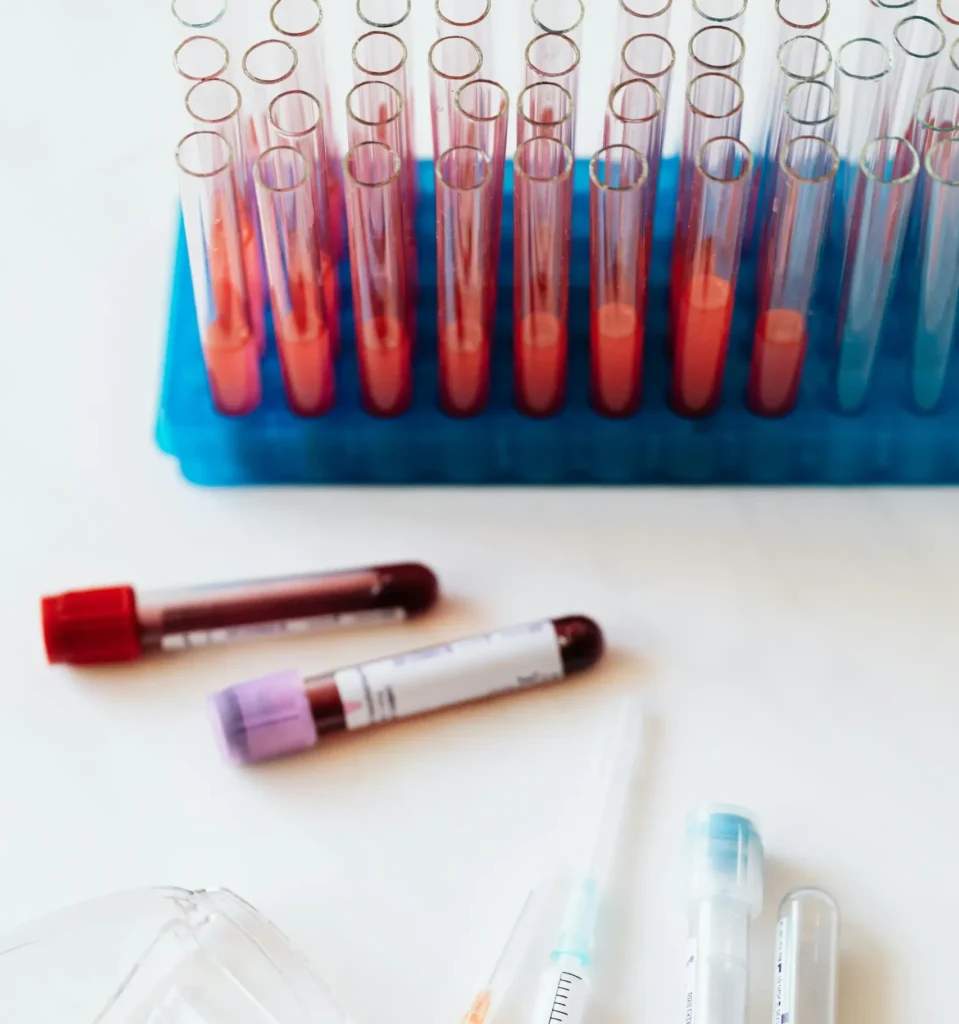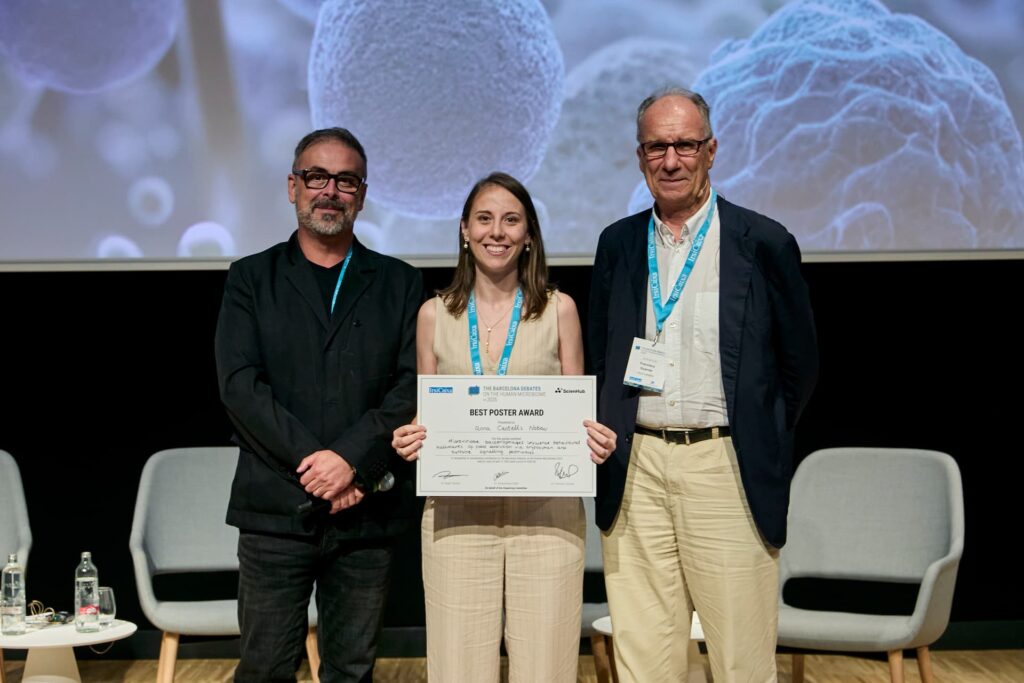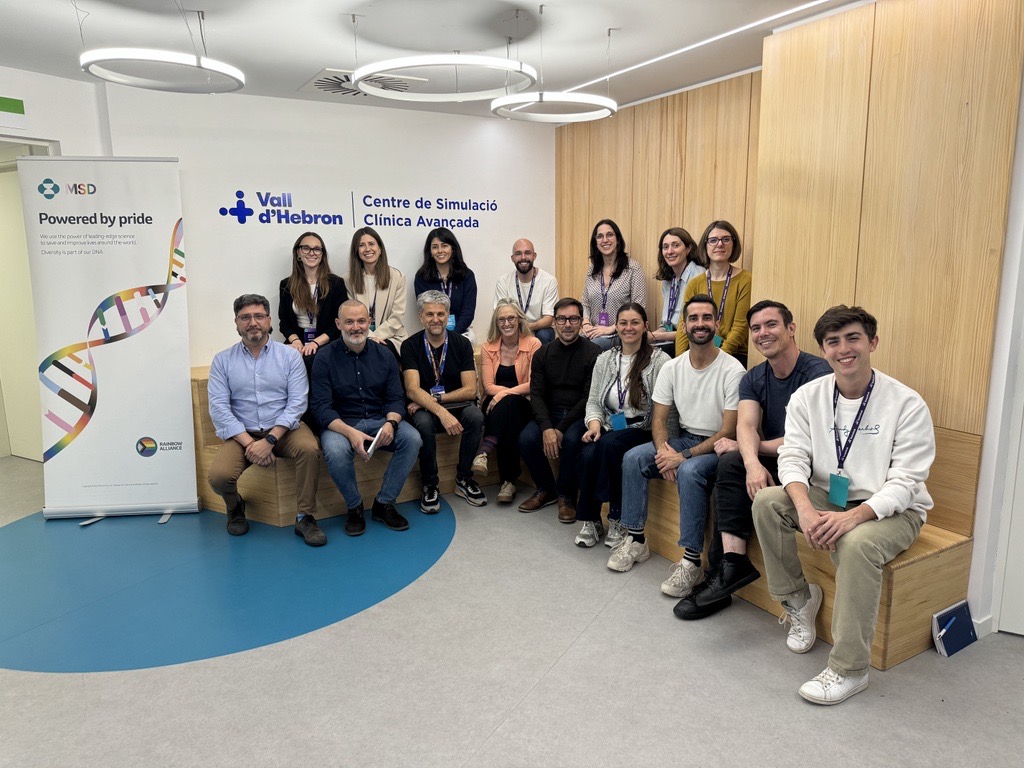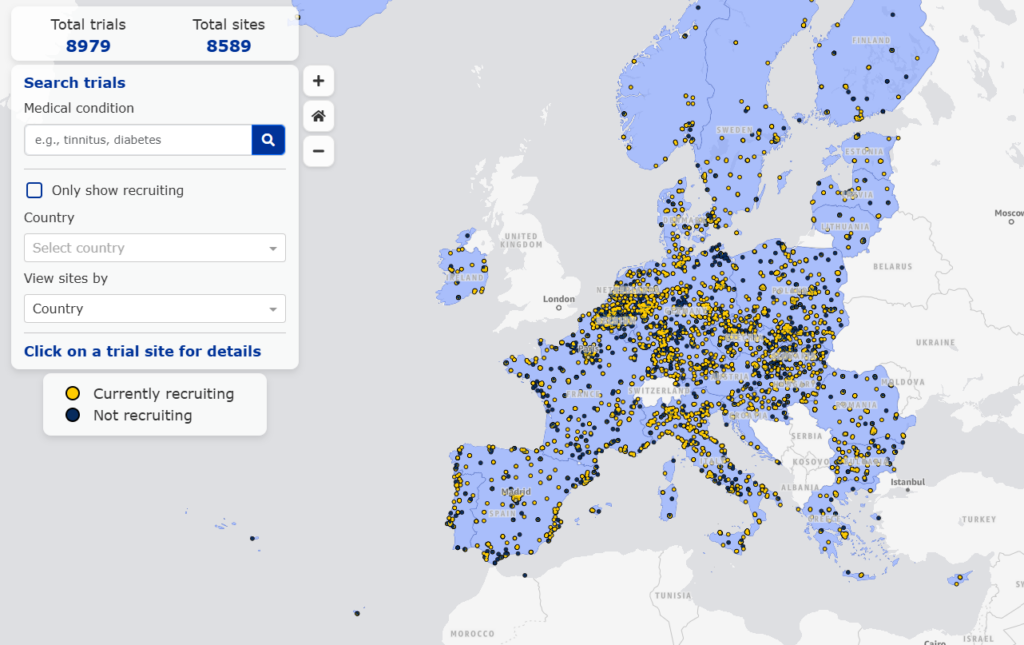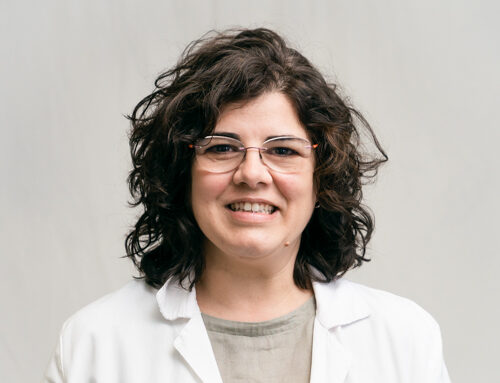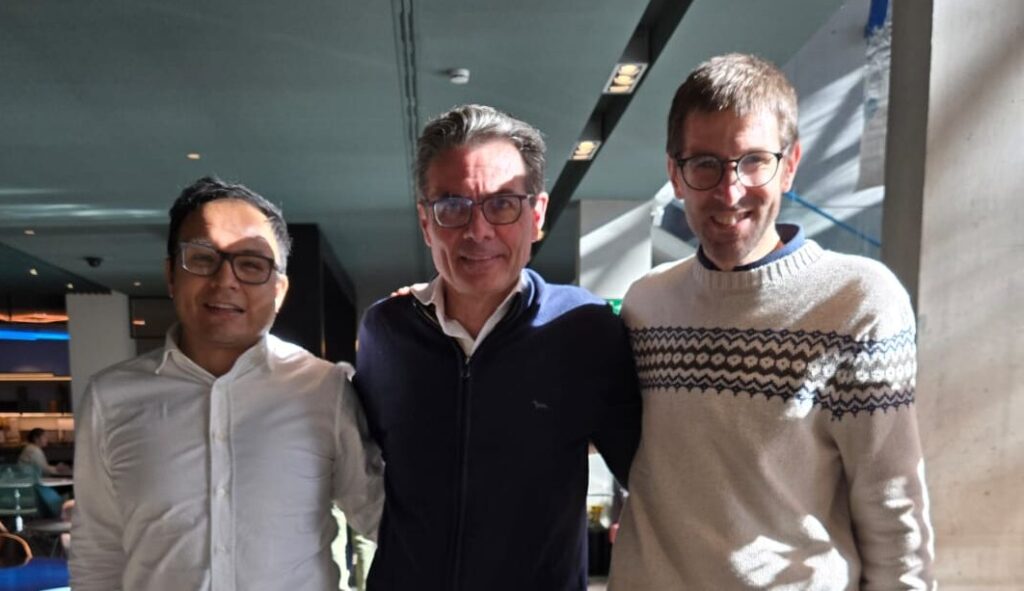
ScienHub Education: Scientific training for healthcare professionals
12/01/2026
Elisabet Pagès, Director of ScienHub Education, explains how this training initiative, promoted by the Fundació Lluita contra les Infeccions, has become a benchmark in the organization of scientific and medical activities tailored to different professional profiles: “We organize training activities in any scientific and medical field, adapted to the objectives and content of each program”, explains Elisabet Pagès, Director of the unit.
The offer ranges from workshops and practical courses for small groups to multi-day conferences and scientific meetings, always adapting the format to the profile of the attendees and the specific needs of each professional group.
New training projects are born from active listening to the healthcare sector: “Initiatives arise from needs identified by researchers, external requests or internal proposals, but they always respond to real knowledge needs”, Pagès points out.
One of the distinctive features of ScienHub Education is its close link to the Fundació Lluita contra les Infeccions and its activity based at the Hospital Universitari Germans Trias i Pujol: “Our NGO status and being part of the scientific community allow us to understand professionals’ day-to-day reality and to offer realistic training proposals aligned with their needs”, she concludes.
